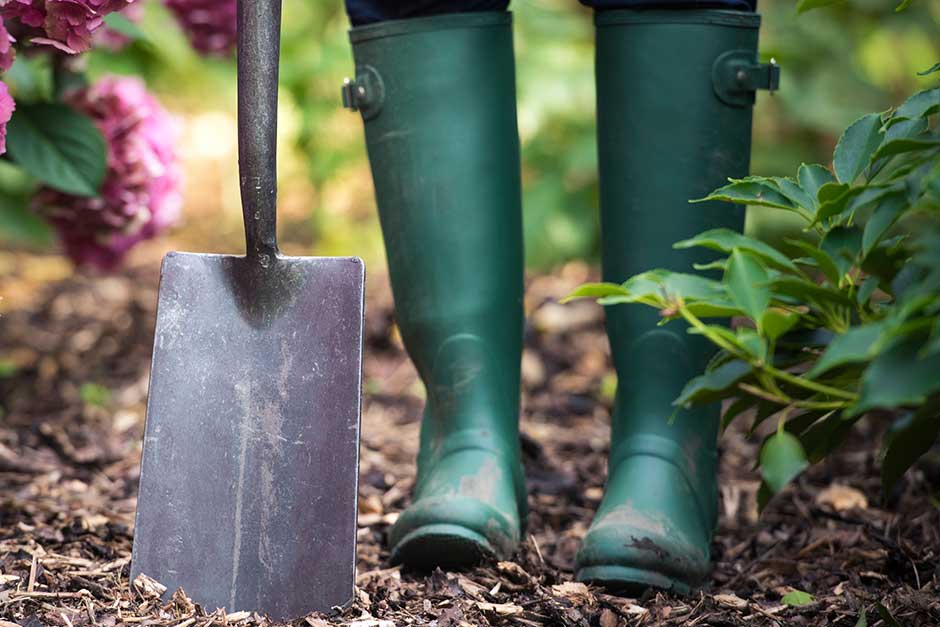
Introducing...
Chamaedorea
Botanical name: Chamaedorea elegans
Common name: Parlour palm
The parlour palm (Chamaedorea elegans) is one of the most popular and easy-to-grow houseplants, producing arching green fronds that add a tropical touch to any home. It thrives in indirect light and warmth, staying compact and good looking, making an elegant and undemanding long-term companion.
Looks
This compact tropical palm produces a fountain of arching evergreen foliage, typically 30–60cm (1–2ft) long, with each frond made up of multiple pairs of narrow leaflets. Growth is slow, but even young plants can produce sprays of small yellow flowers, followed by round black fruits, when grown in sufficient light.
Likes
Parlour palms prefer bright but indirect light and free-draining peat-free compost that is acidic (ericaceous) to neutral. Keep at 20–27°C (68–80°F) for best growth. Over winter, when growth naturally slows, parlour palms will cope with cooler conditions (around 13°C/55°F) and less frequent watering.
Dislikes
Avoid positioning in bright direct sun in summer, which can scorch the foliage. Hard tap water, if used regularly, can harm a parlour palm, creating unsuitably alkaline conditions – use rainwater whenever possible. Too little water or dry air can cause the leaves to turn brown at the tips, while waterlogged conditions and/or heavy, loam-based compost can lead to root rot.
Did you know?
The parlour palm has been a popular houseplant since Victorian times, when it was first brought to the UK. Thanks to its easy-going nature and elegant good looks, it’s one of the most extensively sold indoor palms in the world.
Growing guide

How to grow parlour palms
All you need to grow Chamaedorea elegans successfully in your home.
Useful growing advice

Palms: indoors

Choosing the best houseplants

How to help a poorly houseplant
Leaf damage on houseplants

How to grow houseplants
Get involved
The RHS is the UK’s gardening charity, helping people and plants to grow - nurturing a healthier, happier world, one person and one plant at a time.